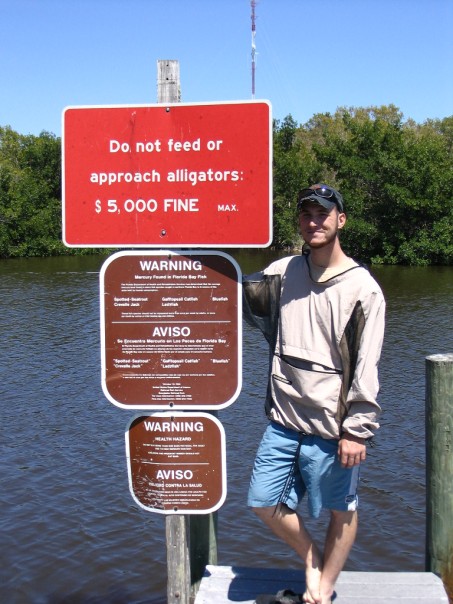HIGH cancer levels found in British estuary fish could indicate a link between pollutants and disease in humans, it was revealed yesterday.
Liver tumours in the fish hint at a connection with chemicals such as polycyclic aromatic hydrocarbons (PAHs) and heavy metals, according to experts.
Tumours were found in up to a quarter of the fish taken from sites in the open sea and some industrial estuaries. The highest levels were in dab from the central and western North Sea.
Dr Grant Stentiford, from the Centre for Environment, Fisheries and Agriculture Science (CEFAS) in Weymouth, Dorset, said: "There are higher levels of [fish] cancer and other diseases in estuaries with the highest contamination levels."
CEFAS researchers are involved in a study of cancer in fish in UK waters, focusing on dab and flounder. The flat fish habitually lie in mud on the sea floor, where pollutants are most likely to accumulate.
Scientists found fish from the Irish Sea, around Liverpool and Cardigan Bay, also had elevated cancer rates; however, the prevalence of cancer was decreasing at other sites.
"The big question is, is the cancer we're seeing in fish the same as what we see in humans?" Dr Stentiford said at the British Association Festival of Science in Norwich.
In the laboratory, the liver tumours appeared outwardly to be no different from those found in mammals, including humans. It was still not known whether they were the same at the cellular level.
The scientists are looking for any links between fish and human cancer that might involve pollutants and are collaborating with experts from the Cancer Research UK Institute for Cancer Studies at Birmingham University. "Our ultimate aim is to see if there's a common causality between what is causing fish and human cancers," said Dr Stentiford.
Dr Brett Lyons, who is also on the research team, said: "The study of cancer in wild fish provides scientists with an important tool for monitoring the health of the marine environment."
The Food Standards Agency said it believed there was no risk to consumers from the fish but that it would investigate.
Duncan McLaren, the chief executive of Friends of the Earth Scotland, said campaigning had led to a fall in sea pollution, and he went on: "However, many of today's pollutants can have detrimental impacts, even at very low levels. So, it is certainly possible that what the scientists are seeing here is the result of pollution.
"These findings do underline the need to stop treating the seas around our coast as a dumping ground for human waste and pollution."
Meanwhile, the supermarket giant Asda yesterday joined calls for Britain to withdraw from the European Union's Common Fisheries Policy in order to protect the livelihoods of Scottish fishermen and preserve stocks in the North Sea. A similar call was made last week by the Scottish Seafood Processors' Federation.
Gordon Maddan, the company's regulatory affairs manager, said: "We want all the fish we sell to be sustainable. It's very clear, however, that the Common Fisheries Policy has failed to deliver this, so we are now supporting calls for a radical change in approach."
'We soon may be 100 times better at killing tumours'
CHEMOTHERAPY that has no side effects and is 100 times more effective at killing cancer than current drugs could be available in five years, scientists revealed yesterday.
Gold nanoparticles, which are so small that they are able to get inside cells, are used to deliver a drug called a photosensitiser to tumours, and these can then be activated with a beam of red light.
The drug, performing its role as a biological "Trojan Horse", then produces a toxic form of oxygen which leads to the death of the cell.
Because fast-growing cancer cells are "greedy", they devour the nanoparticles and, unlike healthy cells, do not spit them out again. This means that only cancerous cells are affected, so there are no side effects.
Research has so far been carried out only on cells in the laboratory, but trials involving animals are about to start in Italy.
If the new technique is eventually used on humans, it would also allow the use of drugs that are 100 times more effective at killing cancers, but which cannot be easily injected into patients because they are not soluble in water.
Professor David Russell, of East Anglia University, who is pioneering the technique, said funding would be key to the drug's development.
IAN JOHNSTON SCIENCE CORRESPONDENT
Subscribe to:
Post Comments (Atom)




No comments:
Post a Comment